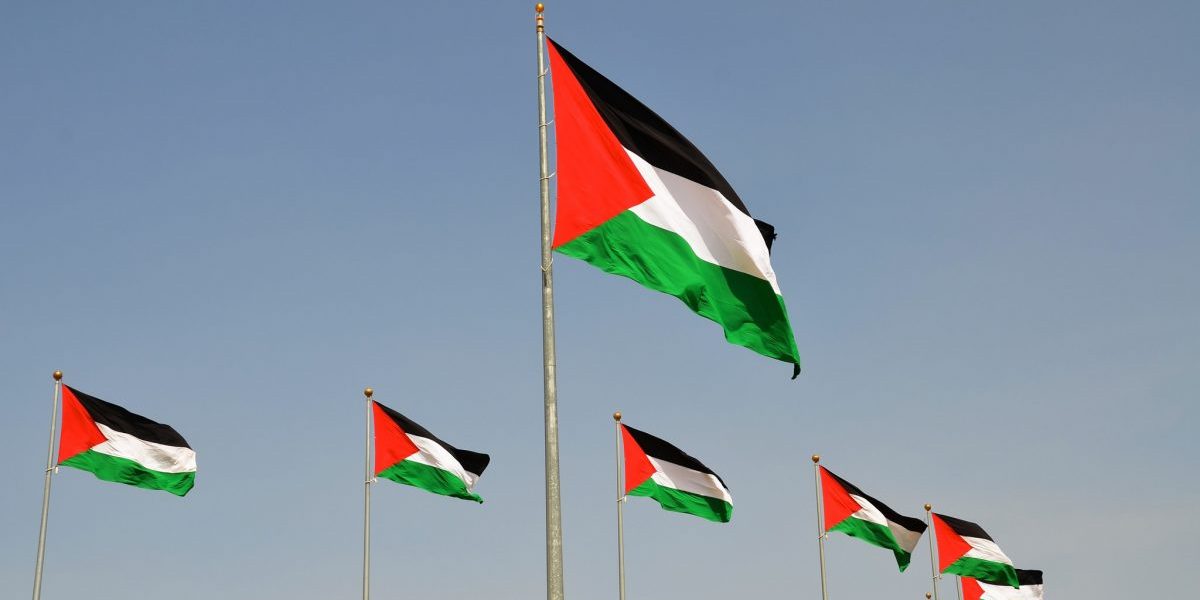A victim of its own success and the abject failure of Fatah, Hamas has been catapulted into the unenviable position of governing an occupied territory with no economy to speak of, while being mandated to improve the lives of the 4-million Palestinians under its control. It governs in the shadow of the Israeli security/separation wall encroaching into and encircling the West Bank, effectively curtailing the economic lifeblood of its anaemic economy.
If this were not enough, international aid, amounting to $1,3bn in 2005, has been conditionally suspended. The depth of the social and humanitarian crisis confronting the state translates into a situation where one in two Palestinians now lives on less than $1,50 a day, unable to meet the most basic nutritional, health and shelter requirements.
Adding to its immediate financial and fiscal crisis, the Hamas-led Palestinian Authority has been unable to secure an international bank of standing willing to represent it. The suspension of the transfer of tax revenues collected by Israel amounting to $750m annually and constituting up to two-thirds of the authority’s revenues further tightens the tourniquet constricting the lifeblood of the Hamas government.
Trade between Israel and Palestine is the equivalent of 83% of Palestinian gross domestic product, but is increasingly threatened by the encroachment and extension of the wall. The wall also severely restricts the movement of 45000 Palestinian workers who now undergo slow and painstaking checks and delays before arriving at their places of work in Israel. No Palestinian vehicles are allowed to cross the border, resulting in a phalanx of workers spending nearly as much time getting to their jobs as in the workplace.
It is an undignified and inhuman existence, yet the detonation of would-be suicide bombers’ belts at check points reminds one all too vividly and horrifically of the justification given for the wall. Inhuman acts of terror further immiserate Palestinians and dehumanise young Israeli soldiers.
Hamas inherited a state apparatus that was moribund, corrupt and criminally irresponsible, leaving it struggling to meet the salary bill of 140000 state employees. The projected budgetary shortfall for 2006 is more than $1bn. As it is currently configured, the Palestinian economy is not only incapable of generating sufficient taxable revenues to narrow the deficit, the economic base is shrinking.
Politically, Hamas and Fatah are caught in a classic Gordian knot of a politically divided executive and legislative branch, each seeking to exert authority in key areas such as security and foreign policy. This is a difficult if not impossible task and something, or somebody, has to give.
Mahmoud Abbas is committed to retaining control of the security forces within the executive branch, (ironically the reason he tendered his resignation as prime minister under Yasser Arafat) and to upholding the Oslo peace agreements. Yet Hamas itself carries a legitimate and overwhelmingly popular mandate to govern, leaving the authority rent along the most critical lines with respect to security and relations with Israel.
At the level of governance, Hamas faces a monumental task. The Arafat and Fatah legacy is one of former Palestinian Liberation Organisation exiles not only securing all key governmental positions, but seizing the upper ranks of the bureaucracy and security apparatus. So despite its January election victory, Hamas may now be in office, but not yet in power.
Far more challenging in the long term, however, is the need to establish a transparent, corruption-free administration that serves the interests of the electorate, rather than those of corrupt politicians and factions. This raises the question of the degree to which Hamas will itself be corrupted by the trappings of office.
Further, for women and secular Palestinians, a Hamas government represents a particular domestic challenge should its fundamentalist roots begin to encroach on hard-won civil liberties. Any moves to “Talibanise” Palestinian life are likely to be met with active internal resistance.
But Hamas is yet to begin to tackle what may be its most serious domestic threat — armed militias. The recent seizure of government buildings by elements of the Al-Aqsa Martyrs Brigade is but one manifestation of the burgeoning internal security threat to the coherence and tenure of the Hamas government. In addition to the inability of the authority to pay the wages of the official security forces, terrorist bodies such as the Al- Aqsa Martyrs Brigades can no longer drive to the political cash machine in the presidential compound in Ramallah to fund their activities.
The 4000 armed militias roaming the streets of Gaza and the West Bank operate in a twilight world of protection rackets, extortion, kidnappings and black-market trade. Previously placated, or bought off, by Arafat, currently neither Abbas nor Hamas have the wherewithal to curb the militia activities, or the political will to tackle this scourge.
Thus, the clock is ticking against Hamas and the sands of time are pouring away for Palestinians. The talented, educated, resourceful and resilient Palestinian people have suffered under some of the most venal, corrupt and self-serving leadership imaginable. The legitimate struggle for Palestinian nationhood and self-determination has historically served as a warped veneer masking a web of corruption and ineptitude that has further brutalised Palestinian society.
The new Palestinian leadership can change all this, but finds itself at an existential crossroads. The irony of Hamas’s nonrecognition of Israel and commitment to its destruction has the unintended consequence of destroying the prospects for the establishment of a viable Palestinian state. Thus the choice is stark, but increasingly clear. The only way of achieving viable statehood for the Palestinian people and lifting them out of decades of misery is for Hamas to recognise the state of Israel, abandon violence and to honour the Oslo and post-Oslo agreements.
If it were to choose pragmatism over dogma, democracy over demagoguery and delivery over violence, Hamas would win the comprehensive support of the entire international community for Palestinian statehood. Indeed, the world would then shout with one voice, “Mr Olmert, tear down this wall!”







